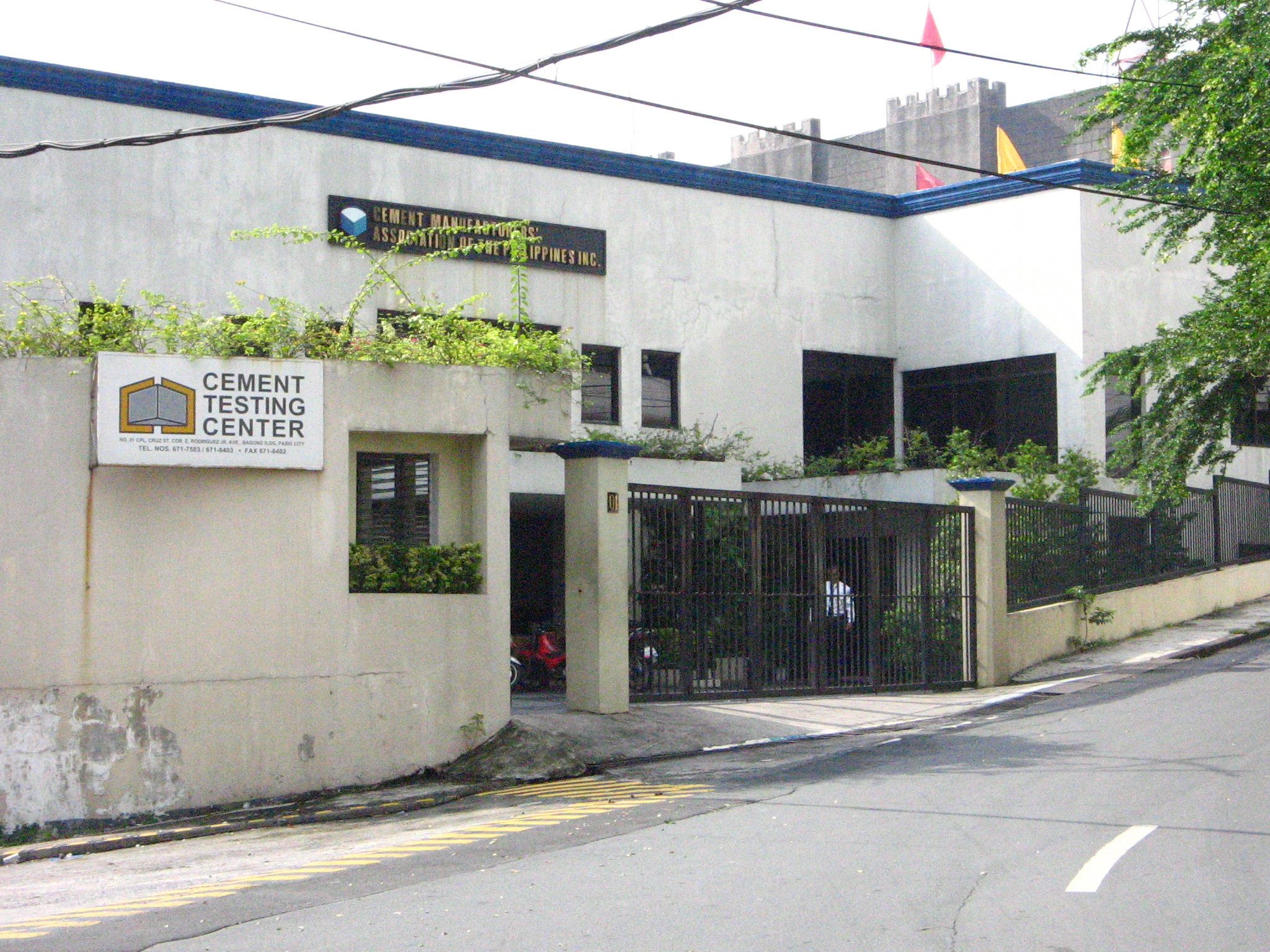Cement imports imperil 42,000 Filipino jobs

CeMAP, as the association of the cement manufacturers of the Philippines, promotes the development of cement based products for consumers, and prevents unfair competition to ensure a level playing field for the manufacturers.
Local cement manufacturers are poised to employ some 400,000 Filipinos, directly and indirectly, by 2030 should a favorable business environment and enough government support allow it to sustain growth.
Based on data from the Cement Manufacturers’ Association of the Philippines (CeMAP), the projected labor requirement comes from various capacity expansion programs of manufacturers both incumbent and new.
“Increasing domestic demand for cement is due mostly to both private sector construction and government infrastructure programs. This has led local manufacturers to add capacity to meet expected increase in nationwide cement demand. CeMAP’s estimate is that for every one million tons of additional production capacity needed, a total of 4,500 to 6,500 jobs can be created,” says Cirilo Pestano, Executive Director of CeMAP.
In the short- to medium-term, incumbent cement manufacturers are mulling up to 17-million tons in added capacity, which can translate to more than 110,000 jobs.
Pestano adds, “The figure does not include those of the new players yet. If everyone is accounted for and if all new plants materialize as announced, we will see more jobs created across the value chain. But there are a number of requisites to realize the most ideal future for the sector.”
Article continues after this advertisementIn the past five years, the volume of cement imports entering the Philippines grew by about 295% per annum, soaring from just 3,558 metric tons in 2013, to as much as 3.4 million metric tons for the first three quarters of 2018. This despite the Philippine cement industry capability to fully serve supply demands.
Article continues after this advertisement“For the local industry to realize its full potential, we need to have temporary trade safeguards against cement imports in place,” says Pestano.
“The safeguards, which are now being considered by DTI, simply give local cement industry the opportunity to level the playing field in the short-term, while the local manufacturers shore up its capability to further increase production capacity, expand its role in the labor-intensive component of the Philippine economy and to overall raise local competitiveness in an increasingly globalizing market supply environment.”
At present the industry is estimated to provide direct jobs to more than 42,000 workers and has contributed to a further 125,000 indirect jobs in ancillary industries.
Local employment adds to the sector’s already massive Php 155-billion contribution to the country’s GDP and its Php 21-billion contribution to tax revenues.
“CeMAP favors the immediate implementation of the safeguard measures proposed by DTI. The Philippines cannot afford risking its prospects for economic development by allowing the unrestricted importation of cement. Ultimately, we want to create jobs for our Filipino countrymen rather than passing the job opportunities to other countries, which also widens our country’s trade deficit,” concludes Pestano.
ADVT